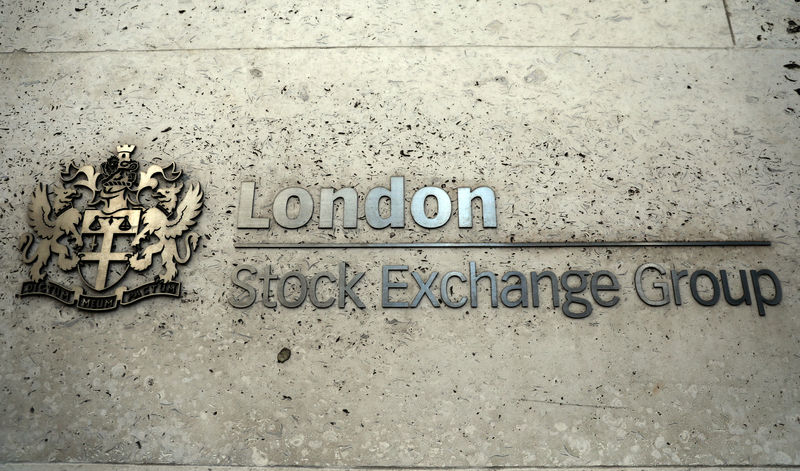Micron to exit server chips business in China after 2023 ban- Reuters
(For a live blog on European stocks, type LIVE/ in an Eikon
news window)
* FirstGroup plunges after flags doubts about its future
* Sunak pledges 30 bln pounds to stem unemployment crisis
* Banks, transport stocks lead declines
* FTSE 100 down 0.6%, FTSE 250 down 0.9%
(Updates prices to close, adds comments)
By Shreyashi Sanyal
July 8 (Reuters) - London shares slid for the second
straight session on Wednesday as another jump in global COVID-19
cases overshadowed hopes of an economic rebound, even as
stimulus poured in to help steer the economy away from an
unemployment crisis.
The blue-chip FTSE 100 .FTSE slipped 0.6% and the mid-cap
FTSE 250 .FTMC fell 0.9%, with banks .FTNMX8350 and
transport .FTNMX2770 indexes leading declines.
Finance Minister Rishi Sunak promised an additional 30
billion pounds ($38 billion) on Wednesday, funnelling money to
employers, homebuyers and hospitality firms to drive a recovery.
The move was initially well-received by investors but
concerns over surging coronavirus cases governed sentiment to
the day's close. However, housebuilders .FTNMX3720 rose 0.5%,
from the announcement of stamp duty cuts. "The tax cut should provide a much-needed shot in the arm
for the property industry, which saw a complete shutdown during
lockdown and is now plagued with worries about falling house
prices," Laura Suter, personal finance analyst at AJ Bell, said.
FirstGroup FGP.L tumbled 23.1% to its lowest in more than
three months after the bus and rail operator warned its future
was in doubt after a collapse in passenger numbers led to a 153
million pounds ($192 million) loss in the year to March.
A raft of stimulus helped the FTSE 100 rebound about 9% in
the second quarter after a coronavirus-driven crash in March,
but the export-laden index has struggled to build on those gains
in July given forecasts of a slower-than-expected post-pandemic
rebound and simmering U.S.-China tensions.
HSBC HSBA.L fell 3.4% after a report said U.S. President
Donald Trump's top advisers were considering proposals to
undermine the Hong Kong currency's peg to the U.S. dollar. The
proposal could limit the ability of Hong Kong banks to buy
dollars. Economic data on Wednesday showed the collapse in Britain's
labour market eased only slightly in June.
